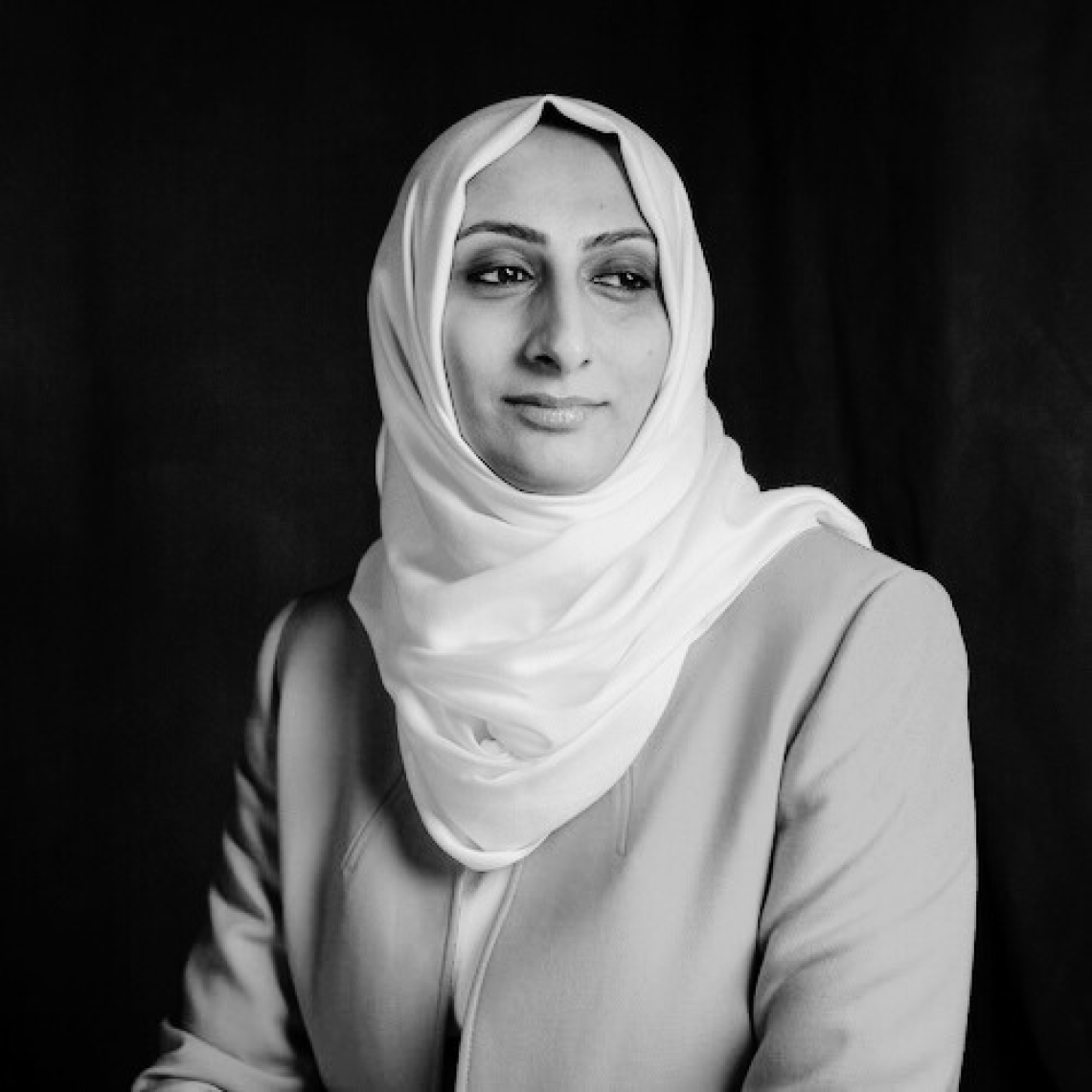Make your 2X MATCHED gift today!
This week only: Every $1 will be matched with $2 to enable women worldwide.
This week only: Every $1 will be matched with $2 to enable women worldwide.
Posted on 10/08/2024
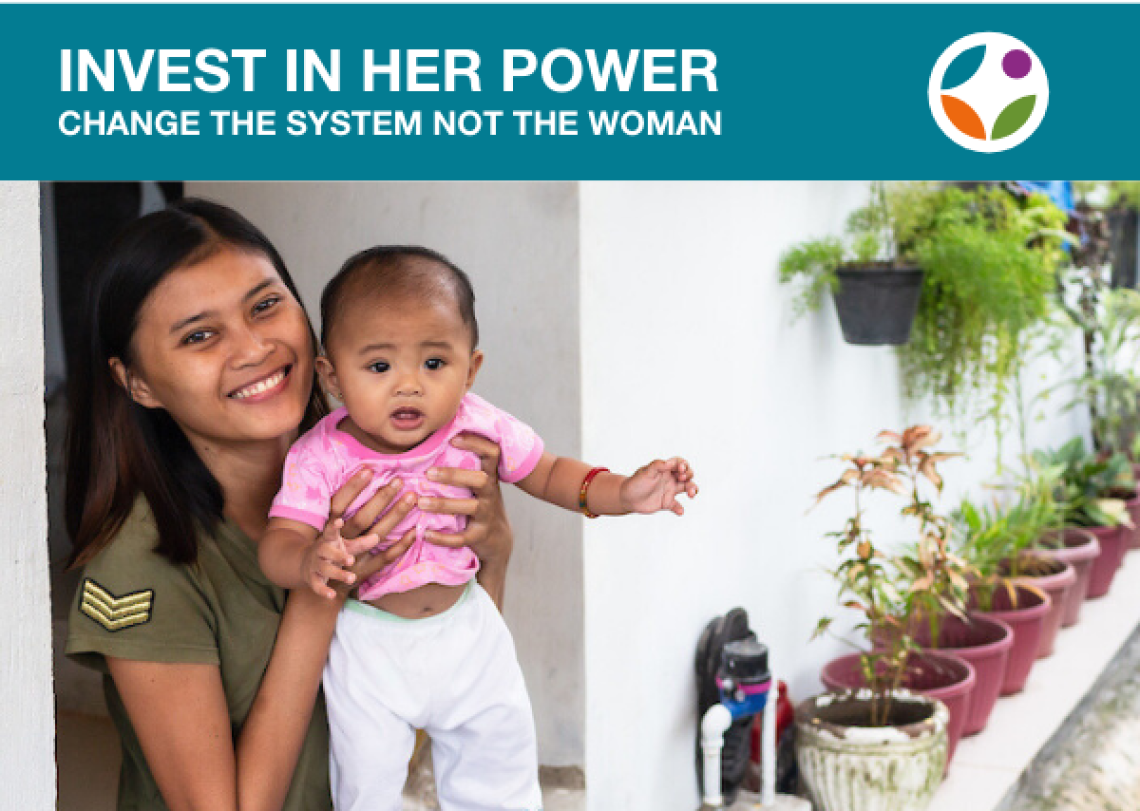
With International Day of the Girl coming up on October 11, I want to highlight a crucial fact: many of those we consider girls are, in reality, already bearing adult responsibilities.
Girls between the ages of 15 and 24 are often already mothers, shouldering the financial burdens of their families and excluded from their local economies. We must acknowledge their realities and offer them the support they need as young women before stepping into the challenges of adulthood.
Young women, especially those navigating challenges like pandemics and climate change, face particularly acute and accelerating inequality.
Most Financial Service Providers (FSPs) typically only target male adults 18 years and older, leaving young women’s financial options and needs unmet.
The problem at hand is vast: millions of adolescent girls lack equal opportunities for learning and development due to entrenched social norms, inadequate support systems, limited attention and lack of resources.
Many are at risk of being left out of the digital economy and future job markets.
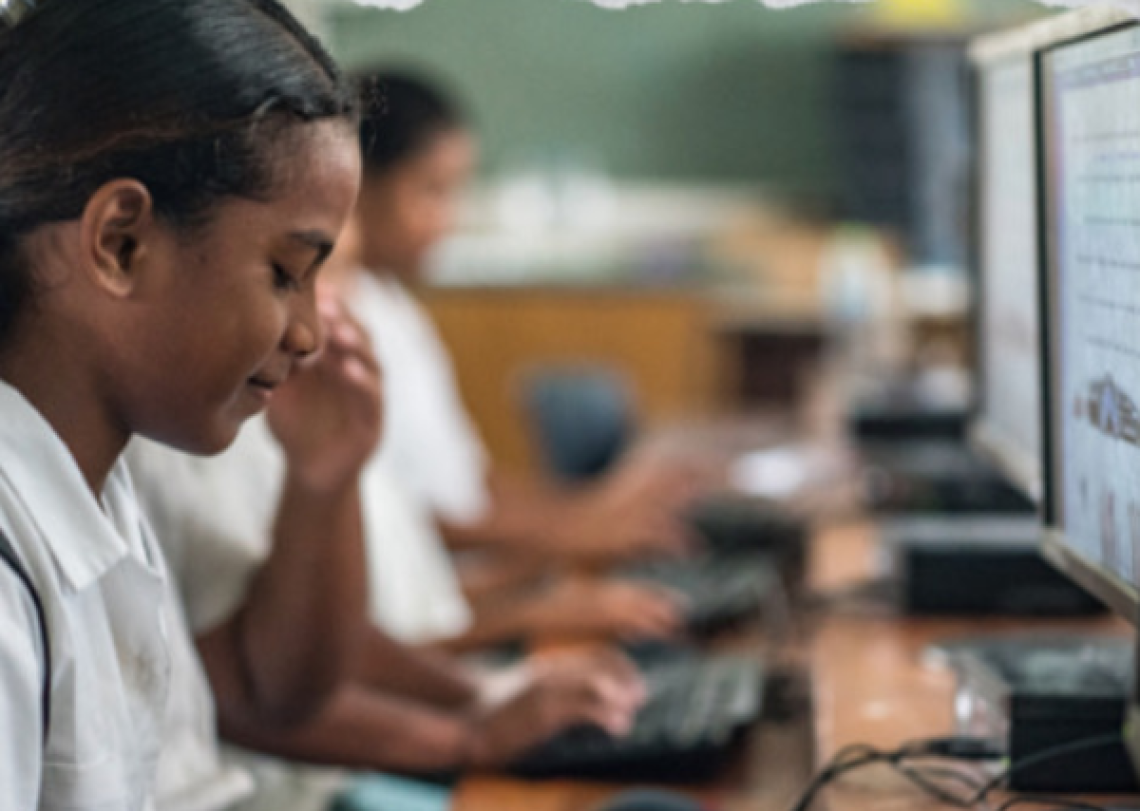
At the cusp of adulthood, young women who should be starting to think about their future or beginning to build a livelihood, are instead experiencing social pressures to leave school early and get married or have children. In fact, about 19 per cent of young women in developing countries become pregnant before age 18.
Younger girls are often reached through school-based activities but most out-of-school girls and school graduates have almost no access to the type of support they need. We must do better at building inclusive systems for this neglected population.
We must act now. According to The Gender Snapshot 2022, it will take 286 years to remove discriminatory laws and close prevailing gaps in legal protections for women and girls. Extreme poverty is projected to deepen for women and girls globally.
Before the COVID-19 pandemic, the share of people living on less than $1.90 a day had fallen from 11.2 per cent in 2013 to 8.6 per cent in 2018. COVID-19 derailed this progress.
In order to urgently support this population of young women, we must focus on increasing their access to skills development, financial literacy, entrepreneurship opportunities and climate-smart agricultural products.
Enabling young women with the opportunity to use the full range of Financial Service Providers (FSP) services will see rapid progress achieved towards our Sustainable Development Goals.
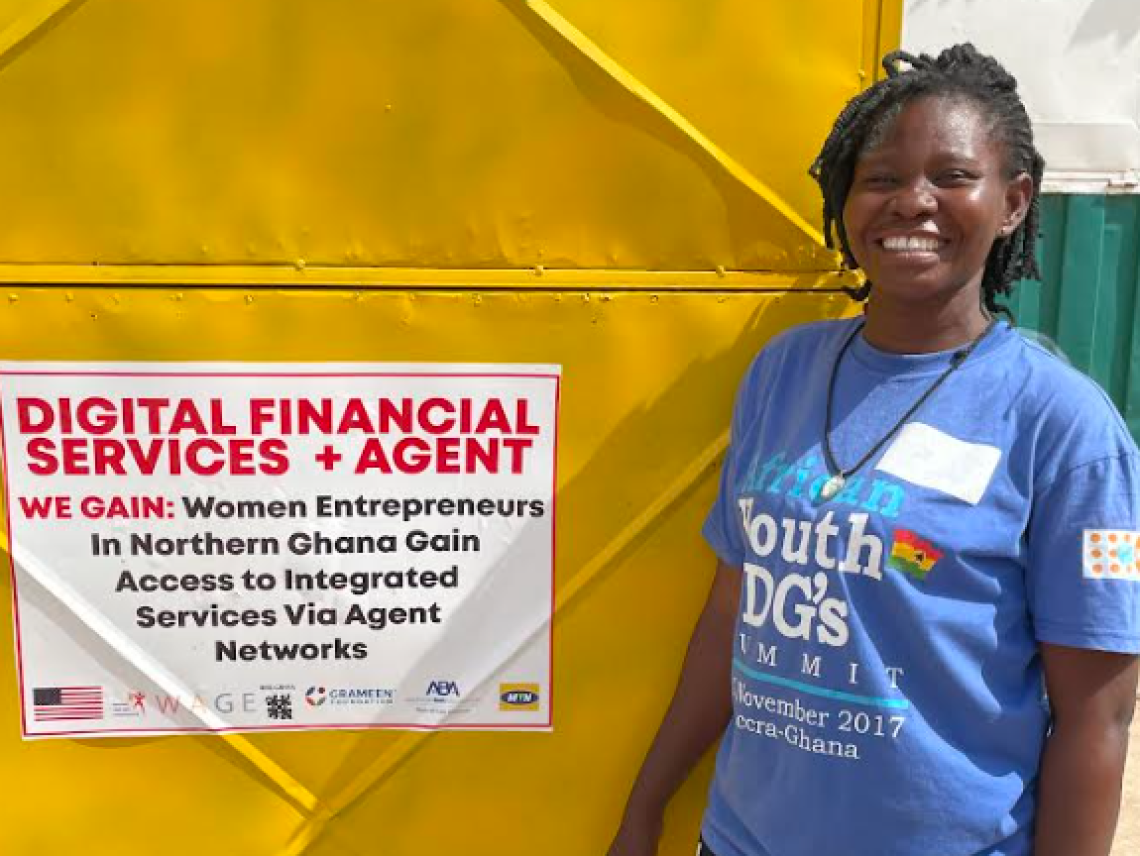
As the global economy continues to evolve and becomes more digital, we must build more inclusive systems for young women now.
Enabling young women with resources and tools not only supports individual economic independence but also contributes to broader economic growth by strengthening households and uplifting entire communities out of poverty.
And by ensuring that reproductive education is accessible, we're enabling young women with the agency needed to take control of their reproductive health.
Action is needed from local and global stakeholders across multiple sectors to create a world that prioritizes young women.
Our future is determined by the choices we make today. Building more inclusive systems now will lead to income generation, better health for communities, and lessened climate impact.
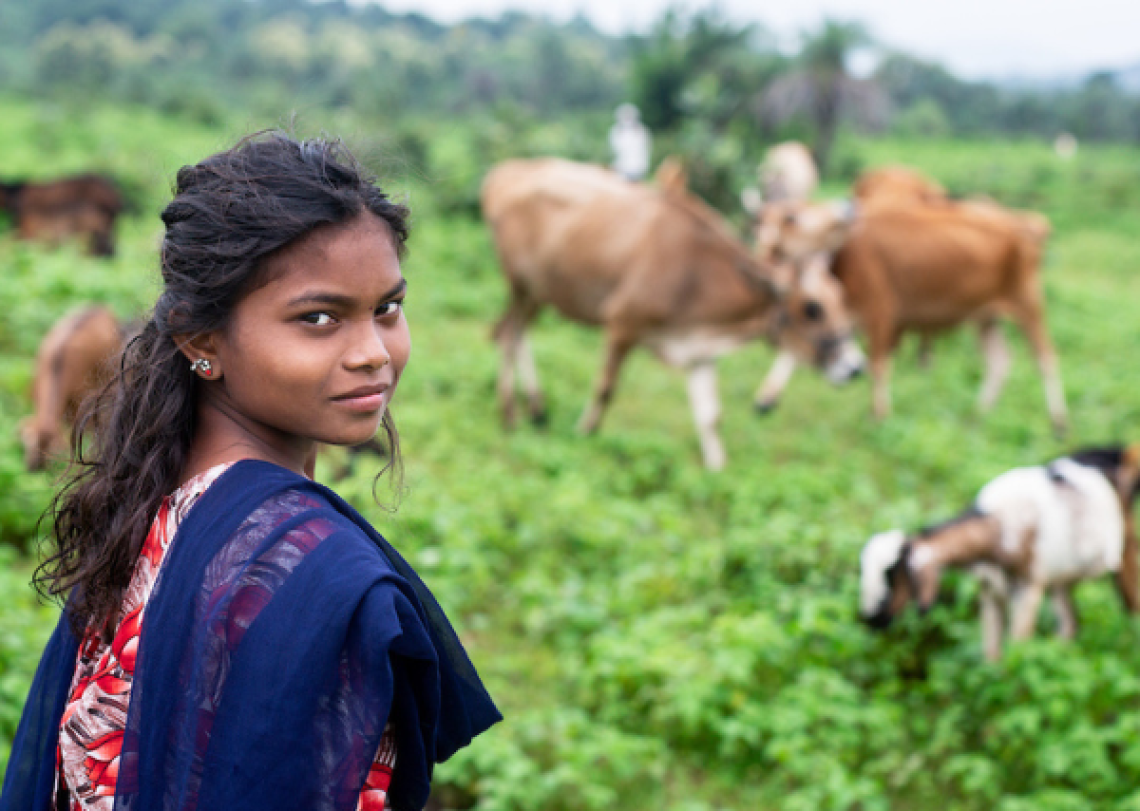
At current rates, women are more likely than men to work in the informal economy where the typical worker takes home only 64 per cent of earnings.
Unequal distribution of unpaid care work and limited access to maternity benefits, childcare and parental leave deepen disparities.
Young women, 15-24, have fared significantly worse than those aged 25 and older. Five million fewer young women will be employed in 2022 compared to 2019.
About one in every four young women aged 15-24 was not in employment, education or training in 8 of 46 countries with data for the last quarter of 2021.
We cannot let this trend continue. By prioritizing investments in young women, we will ensure future generations are stepping into a better world.
Grameen Foundation is building the solution young women need.
